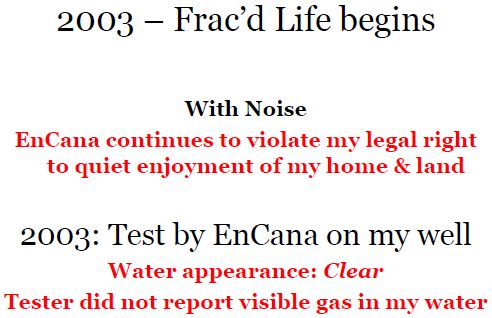University of Michigan researchers: Turn down the volume for health’s sake by Ann Arbor Journal, December 20, 2013
As the nation continues to focus on health care prevention through reform, one cause of serious illness and even death gets ignored — environmental noise pollution. Researchers at the University of Michigan School of Public Health and the Network for Public Health Law say the problem not only takes its toll on hearing but contributes to heart disease, hypertension, sleep disturbances, stress, learning problems and even injuries.
“I can’t think of any other environmental hazard that affects so many people and yet it is so ignored,” said Rick Neitzel, U-M assistant professor of environmental health science.
In an article published this month in Environmental Health Perspectives, Neitzel and colleague Monica Hammer lay out a case for federal, state and local officials to address the issue that impacts an estimated 104 million people exposed at levels loud enough to cause serious noise-related health problems. “Everyone complains about noise, yet we do virtually nothing about it in this country,” Neitzel said. “Noise is really up there in terms of health problems it causes, but it gets no attention — especially compared to other common exposures such as air pollution. There are a lot of assumptions that noise exposure is self-inflicted, which is often not the case. We’d like to have people see connections beyond hearing loss and expand the conversation.”
In the article, Neitzel and Hammer call for noise to be included in the federal public health agenda and suggest ways state and local governments can then use the law to enact their own prevention measures to cover any shortfalls. The researchers point out that Congress has not considered the subject of noise in more than 30 years.
…
The EPA has recommended limits over a 24-hour period for noise exposure in residential areas of 55 A-weighted decibels (dBA) to protect the public from all adverse health effects, and 70 dBA to prevent hearing loss. People are exposed to noise levels beyond these recommendations, often due to a cumulative effect from road and rail traffic, air transportation, occupational and industrial activities, amplified music, recreational activities and firearms. … “Right now with the move to a national comprehensive health system, it pays to focus on prevention. If you only look at it from a monetary standpoint, we can save dollars in the long term and keep people healthy and living longer.” [Emphasis added]
[Refer also to:
 Slide from Ernst Presentations
Slide from Ernst Presentations
